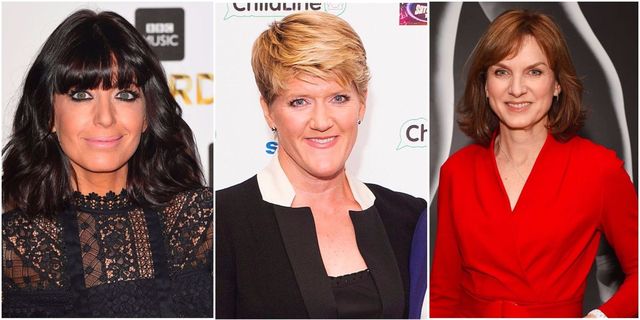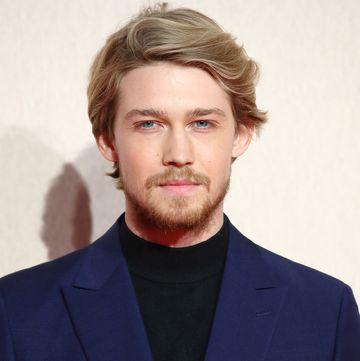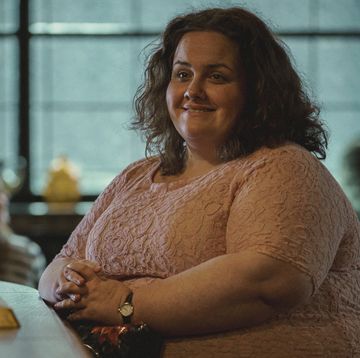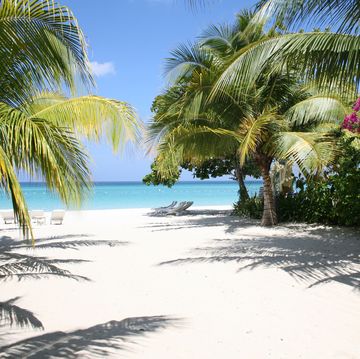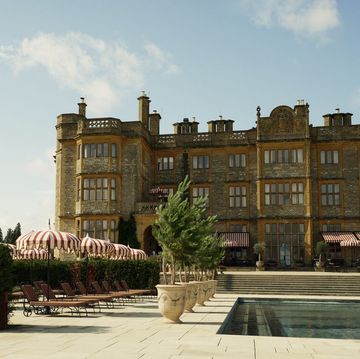On Wednesday, the BBC released a list of its top earners. The details of anyone earning over £150,000 were announced, with the report showing there is a huge disparity between men and women.
We learned that the corporation pays 96 stars an annual salary of £150,000 or more - but just 34 of them are women. The top-paid male star, Chris Evans, earned more than four times the salary of the highest-earning woman, Claudia Winkleman.
Now, though, the BBC's highest-profile female presenters and personalities have written an open letter to their boss, BBC director-general Lord Tony Hall, demanding they be paid equally to their male counterparts.
45 of the BBC's top female stars - including Husain, Clare Balding, Victoria Derbshire, The One Show's Alex Jones, Geeta Guru-Murthy, and Fiona Bruce - have written an open letter to Lord Hall, coordinated by Woman's Hour host Jane Garvey.
The letter says: 'You have said that you will 'sort' the gender pay gap by 2020, but the BBC has known about the pay disparity for years. We all want to go on the record to call upon you to act now.
'This is an opportunity for those of us with strong and loud voices to use them on behalf of all, and for an organisation that had to be pushed into transparency to do the right thing.'
The full list of women who signed the letter can be seen here:
Balding said the 2020 target given by the BBC to achieve equal pay was not good enough, given the Equal Pay Act was enacted in 1970 and the Equality Act in 2010. 'We're standing together to politely suggest they can do better,' she said.
On Sunday, Hall replied to the letter and said that closing the pay gap had been 'a personal priority over the last four years' and pledged that both employees and the public would see a marked difference once the salaries were published again next year.
'I have committed the BBC to closing the gap by 2020 and if we can get there earlier then we will," he wrote. "We are not, however, making a standing start. Work is already well underway across the organisation to help achieve this. There will be wider consultation meetings over the next two months so we can accelerate further change in the autumn.'
'I would obviously value your contribution and thinking as part of this process,' he continued. 'When figures are published next year I am confident they will look very different. Over the next three years I want the BBC to be regarded as an exemplar on gender and diversity.'Check out Hall's letter in full here.
In the BBC's report, it came to light that their highest earner, Chris Evans, was paid between £2.2 million and £2,249,999 during 2016/17 for his work on Top Gear and Radio 2.
Let's not forget that his Top Gear presenting was uniformly panned, leading to his swift resignation.
The eye-watering sum far exceeded the £450,000 to £499,999 salary per annum for Claudia Winkleman, of Strictly Come Dancing, who also works on radio.
Six other men also received pay above Winkleman's, including Match Of The Day presenter Gary Lineker, on between £1.75 million and £1,799,999, and chat show host and radio presenter Graham Norton, on £850,000 to £899,999.
The second highest female star was One Show presenter Alex Jones, who earned between £400,000 and £449,999. This was less than her fellow One Show presenter Matt Baker who was paid £450,000-£499,999, possibly because he does commentating work on top of his One Show duties.
The BBC paid outgoing Doctor Who star Peter Capaldi between £200,000 and £249,999 last year, but we have since learned that the new female Time Lord, Jodie Whittaker, will earn the same as her male predecessor. Hall says there will be a 'parity' in earnings between Whittaker and Capaldi.
The stars pocketing the most each month were allowed to defend their salaries on social media. Louise Minchin is one of the women noticeably absent from the list, given that her fellow BBC Breakfast presenter Dan Walker is on it.
Hall said there was 'more to do' on gender and diversity.
'On gender and diversity, the BBC is more diverse than the broadcasting industry and the Civil Service,' he said.
'We've made progress, but we recognise there is more to do and we are pushing further and faster than any other broadcaster.'
Lawyers warned the BBC could face claims for sex discrimination by female stars.
In an email to the Guardian Karen Jackson, managing director at the firm Didlaw, said: 'If you look at Gary Linekar's pay of £1.9m as compared to Clare Balding's £199k there is obviously a gender pay discrepancy. Clare Balding would certainly have a case unless the BBC can show there is a substantial and legitimate reason for the discrepancy.'
But several people on Twitter have highlighted the importance of context. Former Sun editor David Yelland says he earned more at the Sun in 2003 than any of the news presenters listed in today's report.
And, as author Emma Kennedy points out, if the BBC pundits and presenters left for different media organisations their salary could be significantly higher.
Hall added that the BBC tended to pay its stars less than commercial broadcasters, but it still had to pay salaries that were high enough to prevent them being poached.
Still, whichever way you cut it, this is a huge problem. The gender pay gap in the UK is 18.1%. One analysis, by consultants Deloitte, estimated that the pay gap would not be eradicated until 2069. We've also learnt the gap at the top is even greater, thanks to it becoming mandatory for FTSE100 bosses to reveal their pay.
And, we're not exactly sure why, but we expected better of the BBC. If the household names we see every day on our TV screens aren't deemed worthy enough to be paid equal to their male co-presenters, what hope is there for the rest of us? It sends out an extremely strong message when in reality it should be very simple: if you're good at your job, gender is irrelevant.
Hall has actually appointed more women than men to highly paid jobs in the past three years, and says he is committed to closing the gap by 2020. If these disclosures, as embarrassing as they are, help accelerate a change, hopefully it'll be worthwhile in the end.

